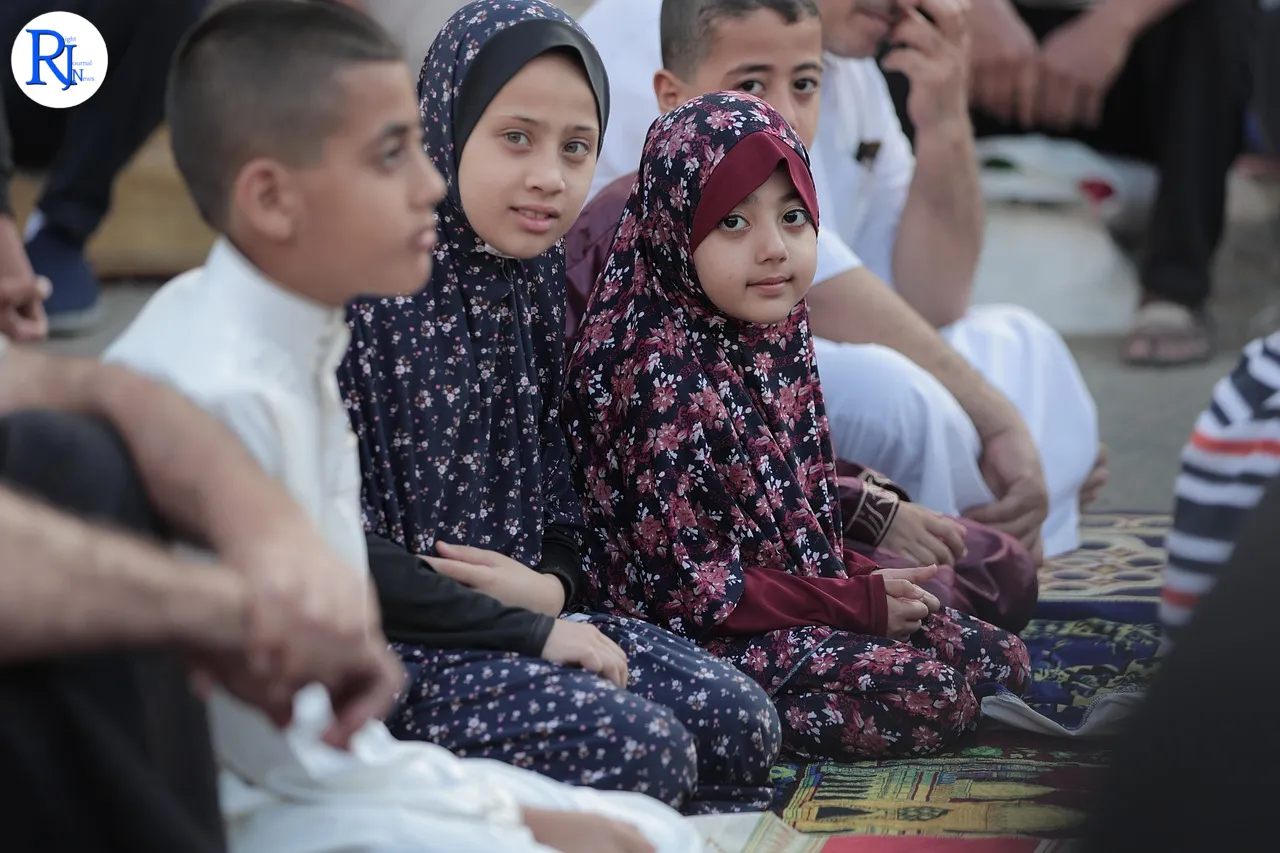In a significant escalation of the ongoing conflict, the Israeli military opened fire at an aid distribution point in the southern Gaza Strip, resulting in the death of multiple Palestinians, according to Gaza’s civil defence agency. The incident has further strained the already tense relations between Israel and the Palestinian territories, with both sides accusing each other of escalating hostilities. The Israeli Defence Forces (IDF) stated that the action was taken against “individual suspects who advanced towards troops,” highlighting the complexities and dangers faced by civilians in conflict zones.
Location and Timing of the Incident
The shooting took place at an aid distribution point situated in the southern part of the Gaza Strip, an area that has been at the heart of recent military operations. This incident occurred amid heightened tensions following the surprise Hamas attack on southern Israel on 7 October, which prompted Israel to launch a ground operation in Gaza. The timing of the shooting underscores the fragile nature of the situation, where humanitarian efforts are often caught in the crossfire of military engagements.

Military Justifications and Civilian Casualties
The IDF reported that the action was a response to perceived threats, with troops engaging individuals deemed to be advancing with hostile intent. This rationale is part of a broader Israeli military strategy aimed at neutralising threats from Hamas and other militant groups operating within Gaza. However, the resulting civilian casualties have sparked outrage among Palestinian officials and international observers, who argue that the military’s actions disproportionately affect non-combatants.
Israeli military sources have maintained that their operations are necessary to ensure national security and protect Israeli citizens from further attacks. Yet, the deaths at the aid point have drawn criticism from various human rights organisations, who call for a more measured approach that prioritises civilian safety.
Reactions from Gaza and International Community
Officials in Gaza have condemned the shooting, labelling it as an unjustified attack on civilians seeking essential aid. The civil defence agency in Gaza has accused the Israeli military of targeting areas that should be protected under international humanitarian law, including schools and aid distribution points.
Internationally, the incident has prompted calls for restraint from both sides. The United Nations and several humanitarian organisations have urged Israel to ensure that its military operations do not impede the delivery of aid to civilians, who are already grappling with severe shortages of food, water, and medical supplies.
Israeli Military Losses and Strategic Challenges
The conflict has also taken a toll on the Israeli military, with three soldiers reported killed in overnight combat in the northern Gaza Strip. According to The Times of Israel, an initial IDF investigation revealed that the soldiers were in a vehicle in Jabaliya when it was hit by an explosive device. This incident highlights the ongoing risks faced by Israeli forces operating in densely populated urban areas, where militant groups often use guerrilla tactics.
To date, 423 Israeli soldiers have died in combat since the ground operation commenced. The high casualty rate reflects the challenging nature of the military campaign, as Israeli forces seek to dismantle Hamas’s infrastructure while navigating complex urban environments.
Broader Implications for the Region
The recent events underscore the broader implications of the Israel-Gaza conflict, which continues to impact regional stability. The ongoing hostilities have exacerbated humanitarian conditions in Gaza, where over two million residents live under a blockade that restricts access to essential goods and services.
The international community remains concerned about the potential for further escalation, with diplomatic efforts focused on achieving a ceasefire and facilitating humanitarian relief. However, the path to peace remains fraught with difficulties, as both sides hold deep-seated grievances and mutual distrust.
Forward-Looking Insights
As the conflict continues, the prospects for a lasting resolution remain uncertain. The incident at the aid distribution point serves as a stark reminder of the human cost of the conflict and the urgent need for renewed diplomatic efforts. Both Israel and Palestinian authorities face increasing pressure to engage in dialogue and seek avenues for de-escalation.
The international community’s role in mediating and supporting peace initiatives will be crucial in the coming months. Meanwhile, humanitarian organisations are calling for immediate measures to protect civilians and ensure the delivery of critical aid to those in need.
The evolving situation demands vigilance and a commitment to upholding international humanitarian standards, as the world watches closely for signs of progress towards a more peaceful and stable future in the region.

